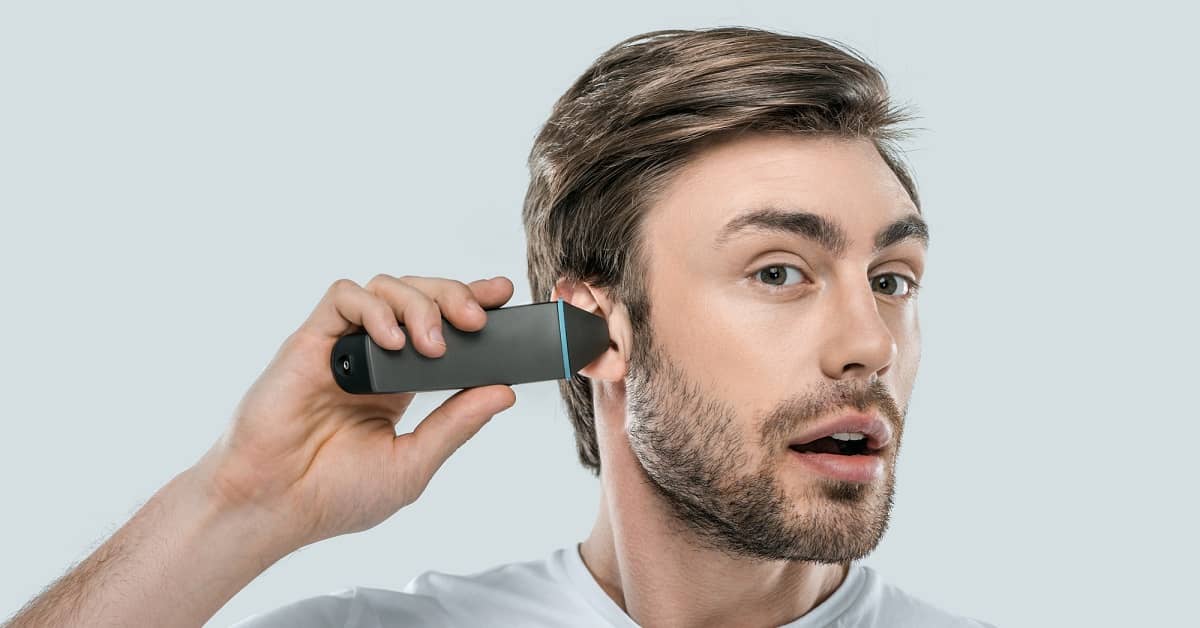
The idea that you can reverse or slow down your aging by applying a tiny amount of electric current to your ear – just about enough to cause a slight tickling sensation.
But that’s what researchers at the University of Leeds in England claim. And they say they have the results to show they’re on to something important.
The secret to their therapy, they explain, is that this tiny amount of electricity applied to the ear stimulates what’s called the vagus nerve, and thereby turns back the clock on the way an important part of the nervous system operates.
It’s a very promising non-drug therapy for hanging on to good health. . .
Nervous System Reset
The vagus nerve is the longest nerve in the body, extending from the base of the brain all the way down to the stomach and intestines. Along the way it branches out and touches the heart and other major organs.The vagus is often called the “wandering nerve” because of its vast network of branches. (In fact, the name “vagus,” like the word “vagabond,” stems from the Latin word for wandering.)
The Leeds research focuses on the fact that the vagus nerve influences the function of the autonomic nervous system, which is something like the auto-pilot of your body.
Just as the auto-pilot in an airplane instructs the airplane to do things that keep it flying without intervention by the human pilot, the autonomic nervous system controls functions in the body that you usually don’t have to consciously think about.
For instance, it regulates your breathing, your digestive processes, your pulse rate and your blood pressure.
A Question of Balance
To stay in balance, the autonomic nervous system depends on the activities of its two components – the sympathetic and parasympathetic nervous systems.The sympathetic branch is the aggressive branch, in charge of calls to action when you’re confronted with a threat. It revs up the body when stress causes you to get excited and shifts the body into an amped-up state of readiness, to either fight or run away as needed.
In contrast, the parasympathetic branch is the laid-back part of the autonomic control center. In low-stress moments, it relaxes the body, telling your blood pressure and immune system to chill out, slow down and avoid inflammation.
As we age, say the U. of Leeds scientists, the sympathetic branch increasingly gets the upper hand. That domination makes you more likely to suffer from chronic inflammation, which can lead to cardiovascular problems and other inflammation-linked diseases.
Because of these connections, previous studies have looked at how stimulating the vagus nerve might affect the chances for epilepsy, stroke, tinnitus, heart disease, depression and even obesity. But those tests involved implanting electrodes in the neck with surgery.
An Easier Way to Stimulate
In the case of the Leeds investigation, the scientists took a different tac. They examined how to re-tune the nervous system, getting it to act younger and more relaxed, by stimulating a small branch of the vagus nerve that can be accessed through the skin on certain points of the outer ear.This type of stimulation is so easy to do that, during the study, the Leeds researchers had their participants – all of them people over the age of 55 – apply the tiny bit of current to their ears at home.
After two weeks of daily stimulation, the do-it-yourself therapy increased parasympathetic activity and restrained sympathetic influence. This “rebalanced” the nervous system in a healthy way.
Folks in the research said they slept better as a result, and their moods improved. For many, their heart function also improved. Plus, what the researchers call “vagal tone” (functions performed by the vagus nerve) improved – a factor that, they say, increases life expectancy.1 The researchers also report that the people in the study were less limited in their ability to get around and do their daily activities after two weeks of vagus nerve stimulation.
